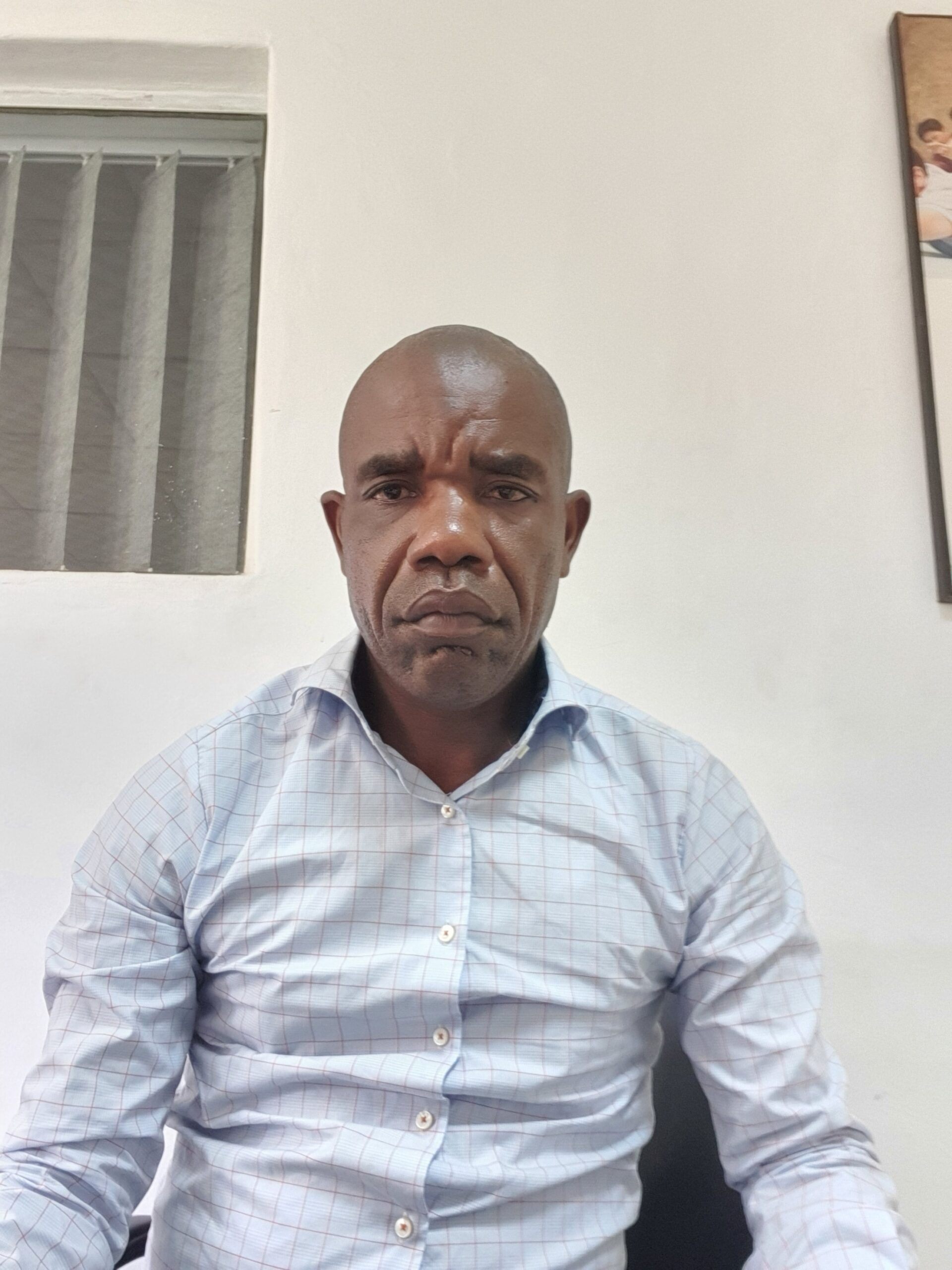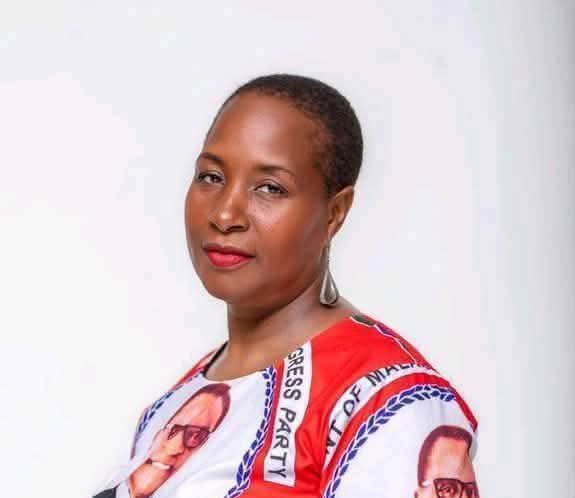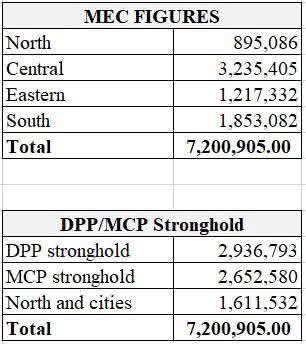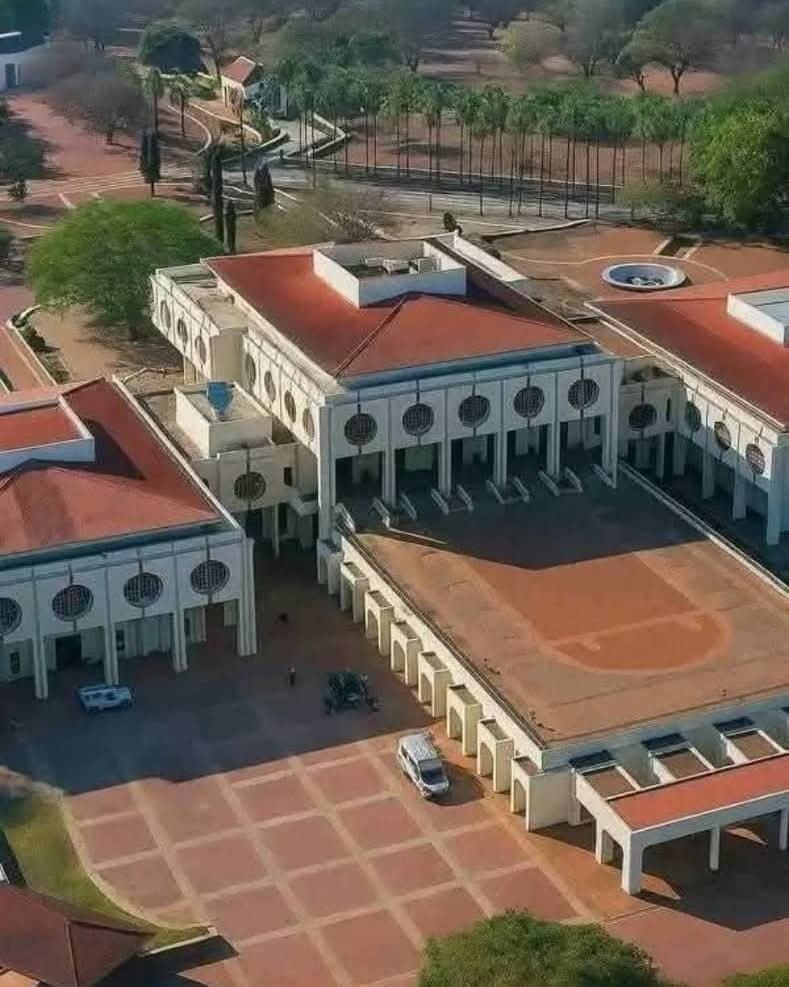Opinion by Suleman Chitera
1. Power Struggles and Ambition
Many opposition leaders aim to position themselves as the main challenger to the ruling party. This results in competition within the opposition camp, as different figures and factions fight for dominance rather than uniting.
2. Lack of Strong Coalitions
Opposition parties in Malawi frequently form fragile alliances that fall apart when it comes to choosing a presidential candidate or sharing resources. Disagreements over who should lead the alliance or get key positions often lead to breakups.
3. Personal Interests Over National Goals
Some political players prioritize personal gain over collective progress. Instead of focusing on removing the ruling party, they focus on securing positions, contracts, or influence for themselves.
4. Weak Internal Democracy
Many opposition parties lack transparent and democratic internal structures. When decisions are made behind closed doors or by a few individuals, it causes frustration among members and sparks divisions.
5. Interference and Infiltration
There are frequent claims that the ruling party may infiltrate or influence certain opposition figures to divide the vote or weaken the opposition ahead of elections.
6. Poor Conflict Resolution Mechanisms
Opposition parties often lack formal systems to resolve disputes. When disagreements arise, they go public instead of being handled internally, making the parties look disorganized and divided.
7. Fear of Losing Relevance
Some smaller parties or leaders fear being swallowed or ignored in bigger coalitions. To protect their identity, they pull out or cause noise to stay visible.
Consequences:
- Fragmented Vote: The opposition splits votes, helping the ruling party win.
- Public Distrust: Voters lose confidence in opposition parties seen as chaotic or self-serving.
- Weakened Checks and Balances: A divided opposition cannot effectively hold the government accountable.
If Malawi’s opposition wants to win, unity, maturity, and strategic focus must replace ego, rivalry, and short-term thinking.




